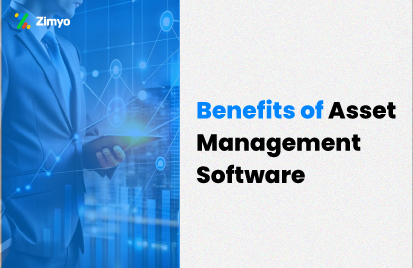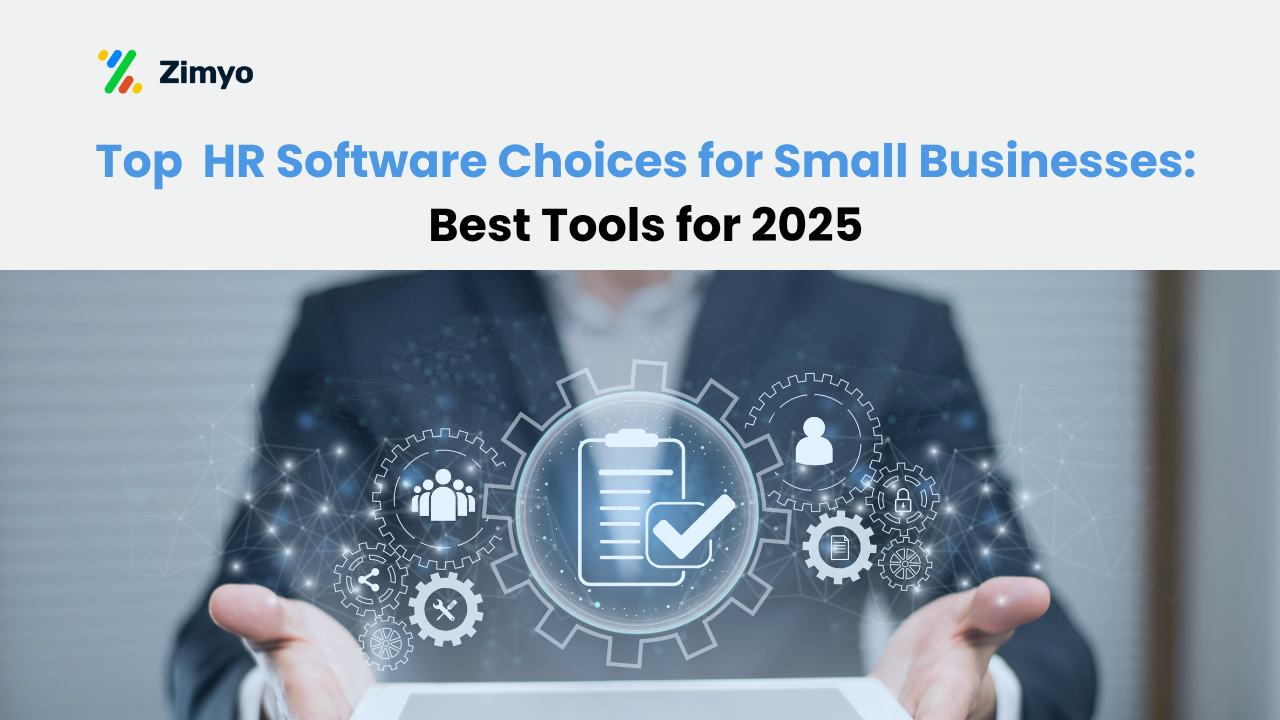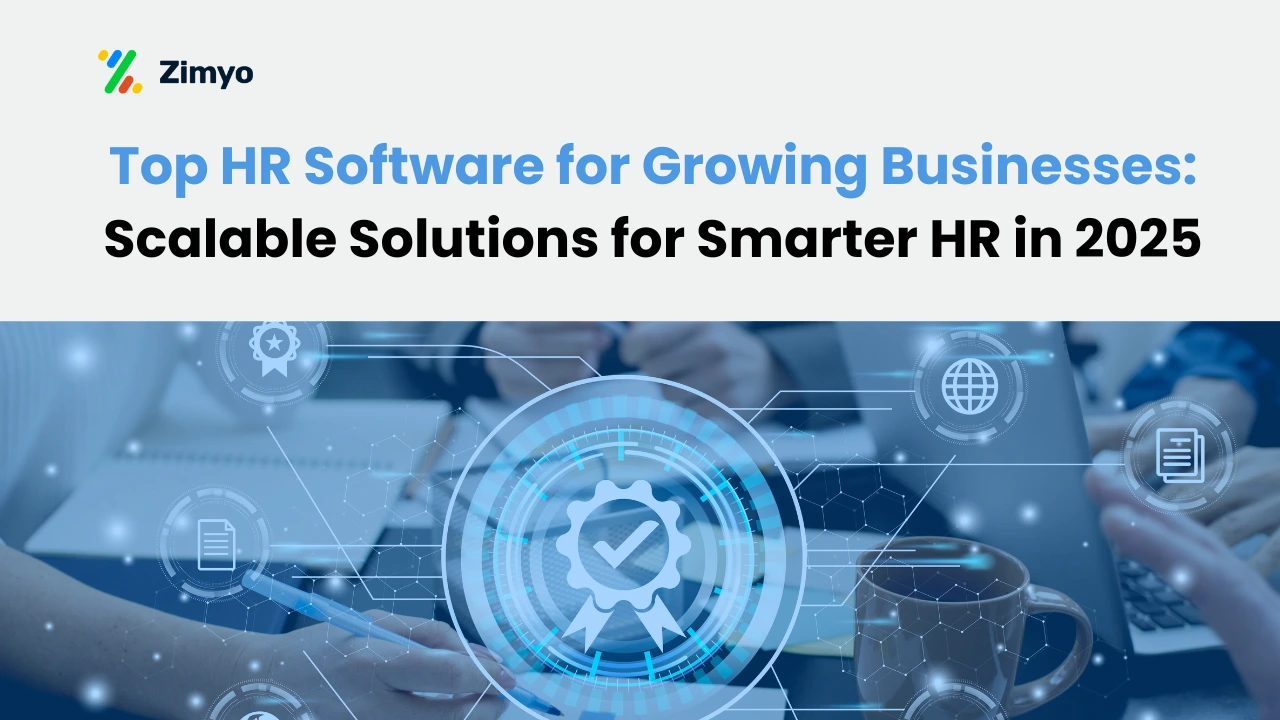The HR world has changed a lot in the last few years, and 2026 is no different. New technology, changing employee needs, and global challenges are pushing HR teams to think differently. To build strong, people-focused workplaces, HR leaders must stay prepared and updated. From AI helping in hiring to better employee well-being programs, here are the top Trends in Human Resource Management in 2026 that are shaping the future of work.
How is Human Resource Management Changing?
From our point of view, here are the key recent trends in HRM for 2026 and the coming years:
- AI and Automation in HR
- Remote and Hybrid Work Models
- Employee Experience and Well-being
- Upskilling and Reskilling
- Data-Driven HR Decision-Making
- DEI (Diversity, Equity, and Inclusion) Initiatives
- Focus on Employee Retention
- HR Tech and Cloud-Based Solutions
The role of Human Resource Management is changing fast to match the needs of today’s workplace. With new technology, changing employee expectations, and a stronger focus on well-being, HR leaders need to stay updated. Knowing the emerging HR trends helps companies build a flexible, productive, and engaged workforce. Businesses that ignore these changes may struggle to attract and keep the best talent.
Top Trends in Human Resource Management in 2026
Let us explain the current trends in HRM in detail:
1. AI and Automation in HR
One of the most important and current trends in HRM today is the use of artificial intelligence and automation. AI tools make hiring easier by screening resumes, setting up interviews, and checking if candidates are a good fit. Chatbots and AI-based HR systems also improve employee support by quickly answering questions about payroll, benefits, and leaves. Automation helps HR teams work faster and reduces routine work, so they can focus on more important, strategic tasks.
2. Remote and Hybrid Work Models

The pandemic sped up the move toward flexible work, and now it’s clear that hybrid work will stay. Companies are investing in better digital tools, updating workplace policies, and creating performance systems that work well for remote teams. Many employers are also trying flexible work hours to improve productivity and work-life balance. As hybrid work grows, keeping remote employees included and engaged has become one of the biggest priorities.
3. Employee Experience and Well-being
A strong focus on employee well-being is now one of the key HR trends. Companies understand that happy employees are more productive and stay longer. Mental health support, stress-relief programs, wellness benefits, and access to counseling are becoming important parts of HR plans. Many organizations are also building a positive work culture by offering recognition programs, flexible benefits, and policies that support a healthy work-life balance.
According to McKinsey’s HR Monitor Survey, almost 20% of employees say they are unhappy with their employer.
4. Upskilling and Reskilling
With technology changing fast, today’s HR trends focus on continuous learning. Companies are investing in upskilling and reskilling programs so employees can stay relevant in a changing job market. Tools like learning management systems, short microlearning courses, and AI-based personalized learning paths are becoming more popular. Employees who keep building their skills feel more engaged and can adapt better to new roles, making continuous learning important for long-term business success.
5. Data-Driven HR Decision-Making
HR analytics is changing the way companies manage their people. By using data, organizations can understand employee performance, engagement, turnover, and workforce needs. Predictive analytics helps HR teams spot employees who may leave and take action early with retention plans. Data-driven decisions make HR policies more accurate and effective, which is why analytics has become an important trend in HR management.
6. DEI 2.0 (Diversity, Equity, and Inclusion) Initiatives
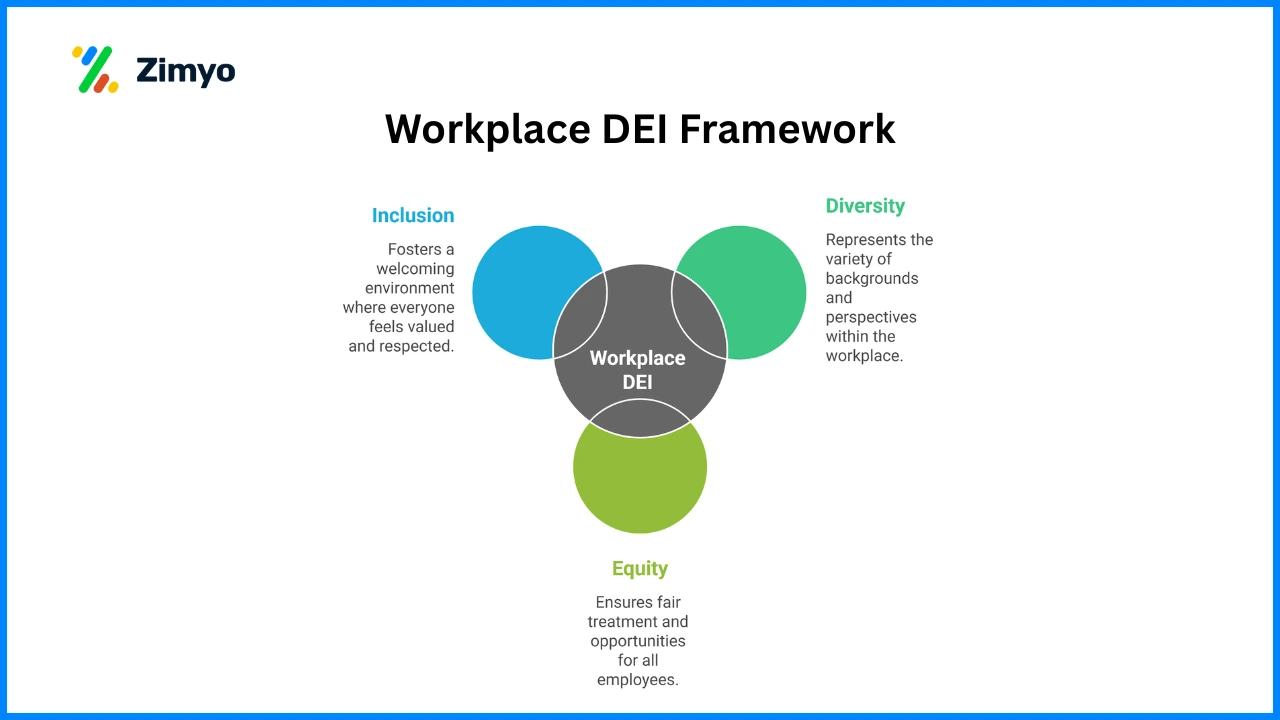
Workplace diversity and inclusion continue to be major HR trends. Companies are focusing on hiring diverse talent, using fair recruitment practices, and building inclusive work cultures. Many organizations now offer training on unconscious bias, follow strong equal opportunity policies, and hold leaders responsible for DEI goals. By creating fair and inclusive workplaces, companies improve innovation, employee satisfaction, and overall business performance.
7. Focus on Employee Retention

The competition for good talent is still strong, so keeping employees has become a major priority. Today’s HR trends show that companies are moving from reactive retention tactics to proactive engagement efforts. Personalized career plans, mentorship programs, competitive pay, and strong employer branding help reduce turnover. Building a culture of trust, recognition, and career growth also plays a big role in improving employee loyalty and satisfaction.
8. HR Tech and Cloud-Based Solutions
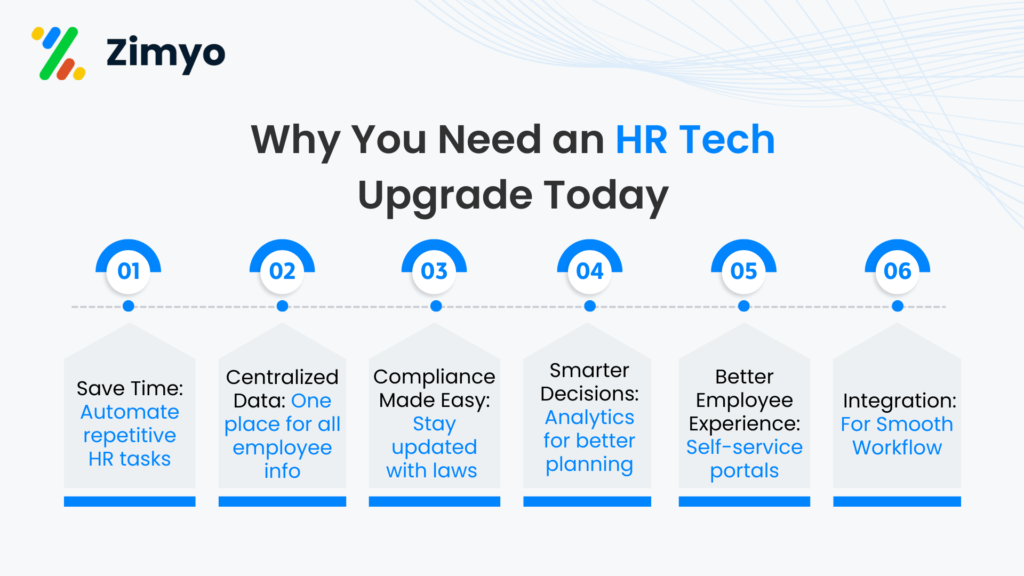
More companies are now using cloud-based HR systems. These tools make HR tasks like payroll, performance tracking, compliance, and employee engagement much easier. Modern HR software also offers AI analytics, automation, and better integration with other tools. This shift to advanced HR technology is no longer just helpful… it is essential. That is why it has become a major trend in HR management.
Why Staying Updated with Recent Trends in HRM is Essential?
The world of work is changing faster than ever. Hybrid offices, AI tools, employee well-being programs, and Gen Z entering the workforce are all shaping how HR works today. In this fast-changing environment, keeping up with new HR trends is not just helpful, it is necessary for companies that want to attract, keep, and support the best talent.
Here’s why Trends in Human Resource Management matters:
1. Keeps You Competitive in Talent Acquisition
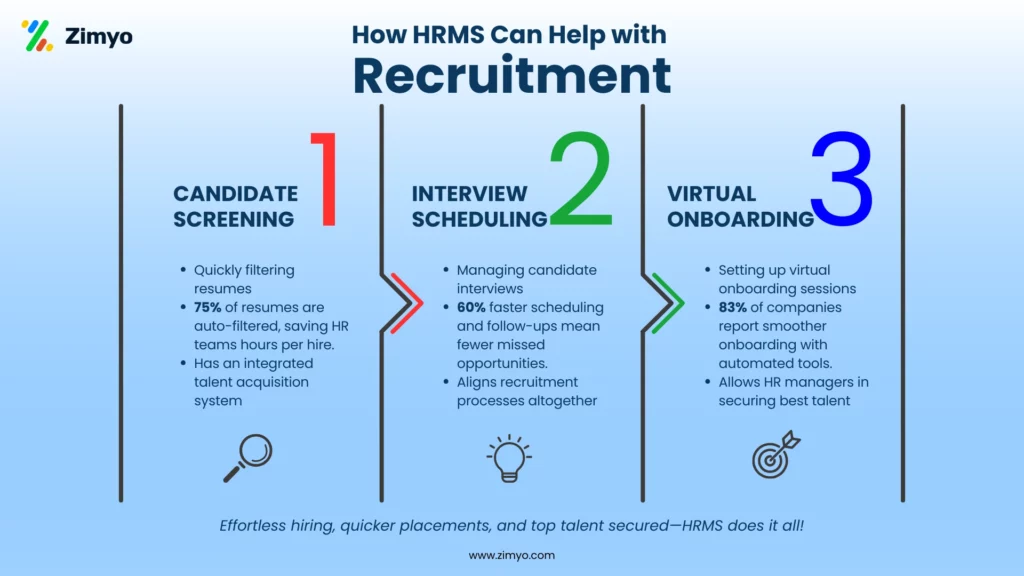
Younger employees, especially Millennials and Gen Z, want more than a salary. They look for remote flexibility, mental health support, diversity, and clear career growth. If your HR strategies are old-fashioned, it becomes hard to attract or keep the right people. Understanding today’s trends helps you offer what modern employees really want.
Example: Companies that provide flexible work, wellness benefits, and DEI programs are doing better than others when it comes to hiring.
2. Helps You Adapt to Changing Employee Expectations
Employee expectations have changed a lot after COVID. People now want better work-life balance, meaningful work, and more chances to learn new skills. When you stay updated with HR trends, you can create policies and a workplace culture that match these new needs.
Current Trend: “Quiet quitting” and “career cushioning” are new behaviors caused by burnout and job insecurity. Understanding them helps HR take action early.
According to McKinsey’s HR Monitor Survey 34% of employees consider work-life balance to stay in a job.
3. Improves Your Use of HR Tech & Automation
Modern HR is now driven by technology. AI-based hiring tools and employee self-service portals are changing how HR teams work. If you don’t keep up with new tools like HRMS platforms, chatbots for onboarding, or people analytics dashboards, your processes can quickly fall behind.
Hot Trend: HRMS platforms like Zimyo HR Software connect payroll, performance, and leave management in one place, saving time and reducing mistakes.
4. Boosts Employee Engagement and Retention
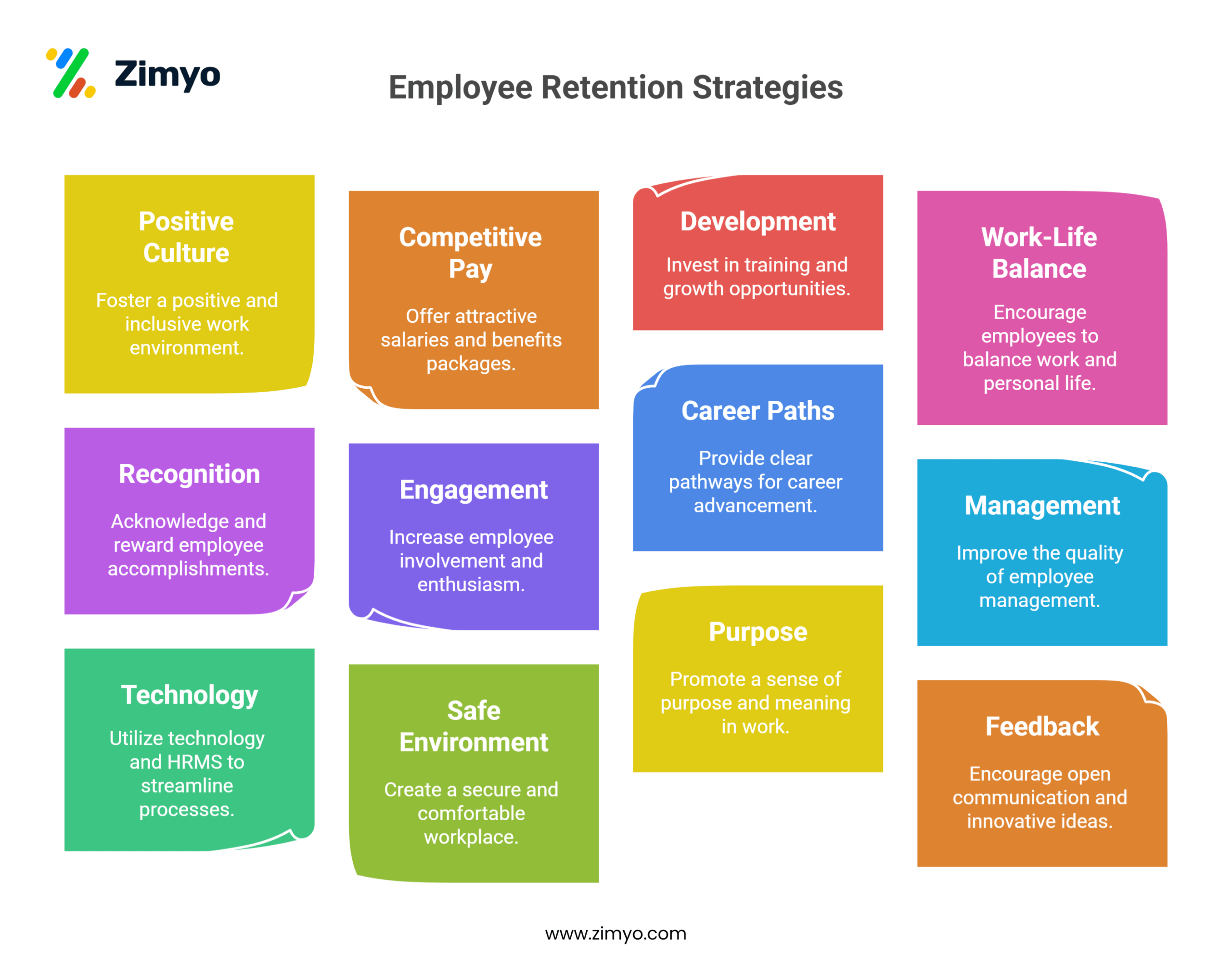
Employees now want personalized experiences like customized benefits, clear career growth plans, and regular feedback. Modern HR trends focus on using data to improve employee engagement. When you use these insights, you can boost job satisfaction and reduce turnover.
Stat to Know: Companies that focus on employee engagement perform 21% better in profitability (Gallup).
5. Prepares You for Legal and Compliance Changes
Labor laws and workplace regulations are changing constantly, especially around data privacy, hybrid work compliance, and gender pay equity. Staying updated ensures your HR policies stay legal, ethical, and future-ready.
Many countries are introducing laws around workplace transparency, pay equity, and remote work taxation.
6. Encourages Innovation in HR Strategy
When you stay informed, you don’t just react to change, you stay ahead of it. Smart HR leaders use trend insights to build better hiring processes, performance systems, and culture programs that help the business grow.
Tip: Subscribe to Zimyo HR newsletters, join webinars, follow HR experts, and use HR analytics to stay ahead.
What HR Practices will soon be Outdated?
As workplaces change, HR practices need to change too. What worked a few years ago may not connect with today’s diverse, digital-savvy, and well-informed employees. Using old HR methods can lower morale, slow down work, and make your company less attractive to good talent.
Here are some HR practices that are becoming outdated and why it’s time to replace them with current trends in HRM:
1. Annual Performance Reviews
Traditional once-a-year appraisals are becoming outdated. They feel disconnected, happen too rarely, and don’t show real-time progress. Today, employees want ongoing feedback, clear goals, and regular coaching, not just a single annual review.
What’s replacing it: Continuous performance management with monthly check-ins, 360-degree feedback, and real-time performance tracking.
2. Rigid 9-to-5 Work Structures
The strict 9-to-5 office schedule is becoming less relevant, especially in knowledge-based jobs. Employees now prefer flexibility and trust instead of fixed timing. Forcing rigid schedules can push away talent, especially Millennials and Gen Z.
What’s replacing it: Flexible hours, hybrid work models, compressed workweeks, and results-focused work environments (ROWE).
3. Manual HR Processes
Manual HR tasks like spreadsheets and paper-based onboarding take a lot of time and often lead to mistakes. They also leave HR teams with very little time to focus on important things like employee engagement or building workplace culture.
What’s replacing it: Automated HRMS platforms for payroll, attendance, onboarding, and performance, which free HR teams to focus on people strategy.
4. Prioritizing Experience Over Skills
Hiring based only on years of experience or big degrees is becoming outdated. Skills-based hiring is now more common, especially in tech and startups. Employers today value adaptability, the right mindset, and real problem-solving abilities.
What’s replacing it: Skills tests, project-based evaluations, and AI screening tools that focus on potential instead of pedigree.
5. Overlooking DEI in Workplace Culture
Treating diversity, equity, and inclusion (DEI) as a checkbox or a one-time training is no longer enough. Today’s employees want workplaces that are safe, inclusive, and truly representative.
What’s replacing it: Ongoing DEI programs, inclusive hiring, gender-neutral policies, and leaders taking responsibility for building a sense of belonging.
Conclusion
The latest HR trends show how important technology, flexibility, employee well-being, and data-based decisions have become. Companies that follow these trends will build a stronger, more engaged, and future-ready workforce. Staying updated is not just helpful… it is necessary for long-term success.
New HR trends have changed old methods and made employee experience the top priority. To stay ahead, rely on data instead of intuition with Zimyo HR and Payroll software, which also provides added benefits for your employees.
Frequently Asked Questions (FAQs)
AI and automation are becoming major HR trends in 2026. From hiring to performance reviews, AI helps make processes faster, cuts down bias, and supports better decision-making.
Skills-based hiring looks at what a candidate can actually do, not just their degrees or past job titles. It creates more inclusive hiring and helps companies find the right fit, especially in tech and fast-moving industries.
Companies are now offering flexible work options, mental health days, financial wellness programs, and burnout prevention plans as part of a complete well-being approach.
DEI 2.0 focuses on real accountability and measurable results. Companies are now tracking inclusion metrics, linking DEI goals to leadership performance, and updating policies to create true workplace equity.
HR teams are using people analytics to predict which employees might leave, personalize learning, and improve engagement. These data insights help HR act early and support overall business goals.
How to Choose the Right Employee Engagement Software for Your Organization?
HR Analytics | Meaning and Definition
Data-driven-recruitment | Meaning and Definition
What is Inclusion? | Meaning and Definition


